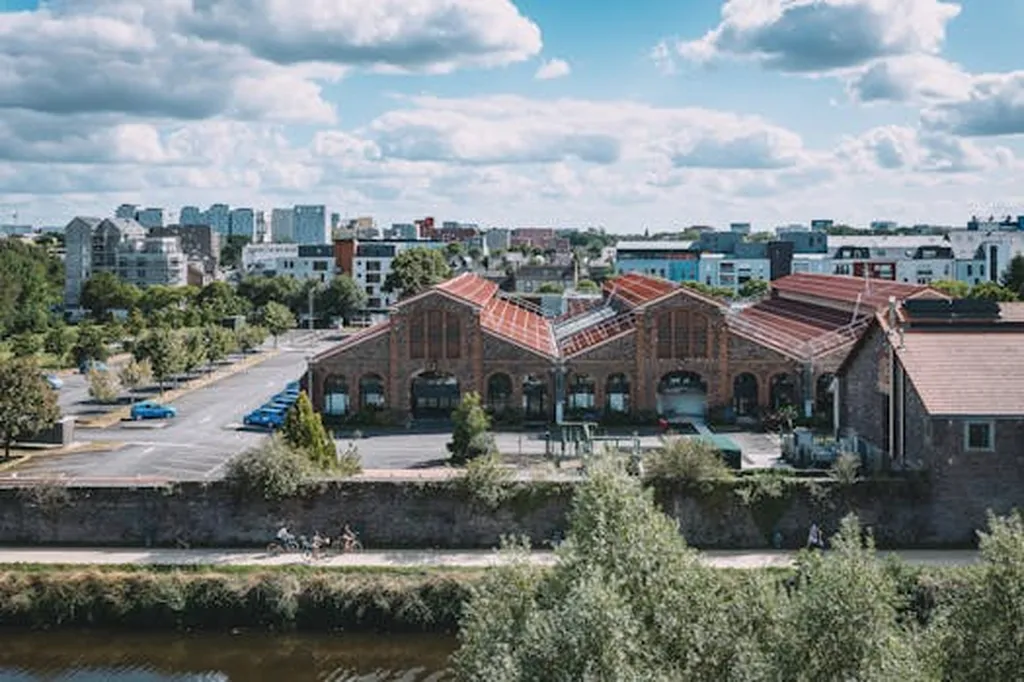In the heart of Addis Ababa, a quiet revolution is brewing, one that could reshape the construction landscape not just in Ethiopia, but across emerging economies. At the forefront of this change is Ermias A. Amede, a researcher from the Ethiopian Institute of Architecture Building Construction and City Development at Addis Ababa University. His recent study, published in *Discover Applied Sciences* (translated as “Discover Applied Sciences”), sheds light on the barriers and opportunities of adopting Industrialized Building Systems (IBS) in developing nations.
IBS, a modern construction approach that combines prefabrication, automation, and off-site manufacturing, has been a game-changer in developed countries. It promises improved efficiency, minimized waste, and accelerated project delivery. However, its integration in emerging economies has been limited, creating a critical gap in understanding the practical challenges of its adoption.
Amede’s study, which employed a survey with purposive sampling from key stakeholders, identified five main barriers to IBS adoption in Ethiopia: lack of skills, logistical inefficiencies, financial constraints, market fragmentation, and limited research and development (R&D) investment. These challenges, Amede explains, “delay projects, increase costs, and hinder innovation.”
The findings suggest that targeted training, improved supply chain management, innovative financing models, and increased R&D investment could address these barriers. “By addressing these issues, we can accelerate IBS adoption, supporting sustainable housing development and global urbanization goals,” Amede asserts.
The implications of this research extend beyond Ethiopia. As emerging economies grapple with rapid urbanization and housing shortages, IBS presents a viable solution. However, the path to adoption is fraught with challenges that require tailored solutions.
Amede’s study, with its focus on IBS professionals, offers a unique perspective on these challenges. It highlights how cultural and economic factors, such as limited capital and fragmented markets, hinder IBS adoption. By addressing these issues, the research fills a gap in the literature and provides a roadmap for overcoming challenges with global implications for construction practices and policy.
As the world continues to urbanize, the need for efficient, sustainable, and affordable construction methods becomes increasingly pressing. Amede’s research offers valuable insights into how IBS can be leveraged to meet these needs, shaping future developments in the field. The study, published in *Discover Applied Sciences*, serves as a catalyst for further research and dialogue on this critical issue.

